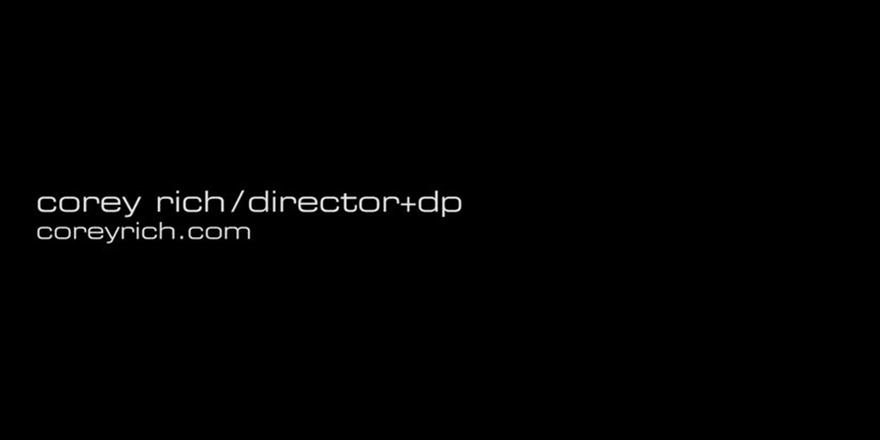There are two specific cameras that entered my life and changed it forever. Both cameras were keys opening the most interesting doorways. I walked through, cautiously eager, only to realize that there was no turning back.
The first camera was an old Pentax K1000 that I picked up at age 13. It was my father’s camera, and that old brick of a body was glued to my eye for years. By the time I was a student at Quartz Hill High School in the Mojave Desert of California, where I grew up, I was shooting black and white negative film and E6 slide film for the year book and high school newspaper. My buddies and I tried to orchestrate multi-media slideshows using multiple projectors. With upwards of six projectors running through a dissolve unit, we attempted to sync music and a voice over with our photographs. Inevitably, it never really worked.
But the right intention was there: We were trying to do and say as much as possible with what little we had. Sometimes we were successful, but mostly it was a lot of failure through experimentation.
So what? The learning process—riding that steep curve of progress that comes through tireless experimentation and improvisation—is a special period. Theoretically, it only happens once. But I’d also argue that being on the sharp end of a steady learning curve is also when it’s the most fun.
This burgeoning passion for photography took me to San Jose State University for school and a photojournalism internship at the Modesto Bee. By the time I had landed my first big professional photography assignment, I knew what I’d be doing for the rest of my life.
All along the way, I dabbled with video cameras because I loved the idea of recording motion with sound on a single device. I experimented with carrying a my film camera on one shoulder, and a video camera on the other. But it never quite worked. I had read up on other photographers’ methodologies for how to simultaneously capture motion and still, but frankly, the people who were trying to juggle a film camera, video camera and microphone all at once were producing rather mediocre content.
Of course, this has all changed in recent years with the emergence of DSLR cameras that capture high resolution stills, Full HD video and crisp audio all in one body. But the very first video-enabled DSLR camera was the Nikon D90, which launched on August 27, 2008. That very date, when I ran out to buy a D90, marks the beginning of the second stage of my professional life as a visual storyteller.
In the last five years since the D90’s release, I feel as though I’ve been gifted a second learning curve to ride as I’ve taken what I know from photography and applied that to becoming a filmmaker and, now, a director and a DP.
In the last two years, nearly half of my time has been spent directing motion projects, almost all of which have been shot on Nikon DSLR cameras. Shooting cinematic-quality motion with cameras that allow me to control the depth of field, and use a form factor I’m familiar with, has taken me back to when I was 13 years old and I first picked up my father’s camera. To have your creative energy stoked and reignited in such a way—more than two decades into a career, too—feels like nothing less than a gift.
Because directing motion pieces is such a major part of my career, not to mention my new passion, I finally had to do what you do in the motion world and put together a Director’s Reel. I hope you enjoy this glimpse into the last five years of my life. I know it’s a little long but … one step at a time, right? Just as a young photographer’s portfolio will contain 60 images while a veteran photographer might only have 20, it takes the confidence and experience of a whole career to be that concise.
As for right now, I’m just happy to be a guy with a toe in both puddles of water. I’ll always be a still photographer, and now, I’ll always be a filmmaker. There’s no turning back.
